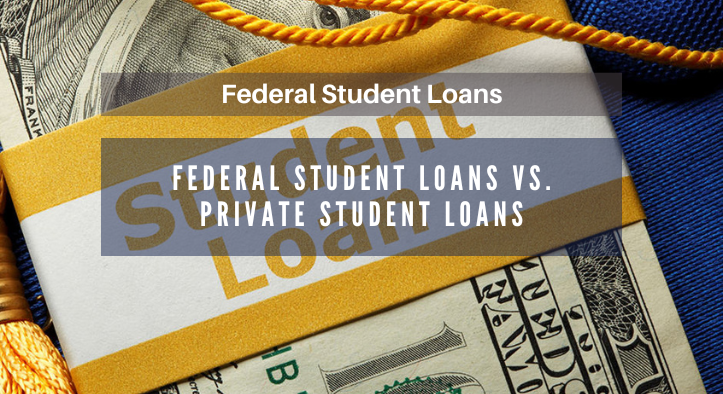Federal Student Loans vs. Private Student Loans

Federal Student Loans vs. Private Student Loans
Paying for college can be a daunting task. With the rising cost of tuition, many students and their families are looking for ways to finance their education. One of the most popular options is to take out a loan. But with so many different types of loans available, it can be difficult to decide which one is best for you. In this article, we will compare federal student loans and private student loans to help you make an informed decision.
What Are Federal Student Loans?
Federal student loans are loans provided by the federal government to help students pay for college. These loans are typically offered at lower interest rates than private loans and have more flexible repayment options. Additionally, federal student loans are not based on credit score, so even those with poor credit can qualify.
What Are Private Student Loans?
Private student loans are loans provided by private lenders, such as banks and credit unions. These loans typically have higher interest rates than federal loans and are based on credit score. Additionally, private student loans often have stricter repayment terms and may require a cosigner.
Interest Rates
One of the biggest differences between federal and private student loans is the interest rate. Federal student loans typically have lower interest rates than private student loans. According to the College Board, the average interest rate for federal student loans in 2020 was 4.53%, while the average interest rate for private student loans was 8.25%.
Repayment Options
Another key difference between federal and private student loans is the repayment options. Federal student loans offer more flexible repayment options, such as income-driven repayment plans and loan forgiveness programs. Private student loans typically have stricter repayment terms and may require a cosigner.
Conclusion
When it comes to financing your education, it is important to weigh the pros and cons of each option. Federal student loans typically have lower interest rates and more flexible repayment options than private student loans. However, private student loans may be a better option for those with good credit and a cosigner. Ultimately, the best option for you will depend on your individual circumstances.
In conclusion, federal student loans and private student loans both have their advantages and disadvantages. It is important to do your research and compare the different options before making a decision. With the right information, you can make an informed decision that is best for your financial situation.
